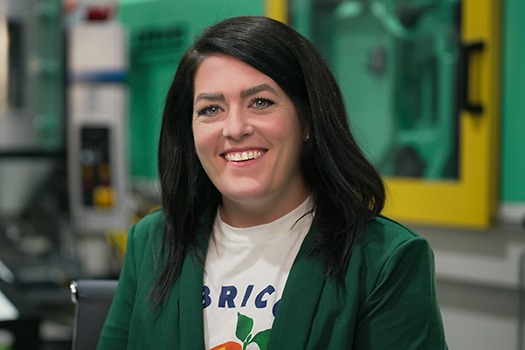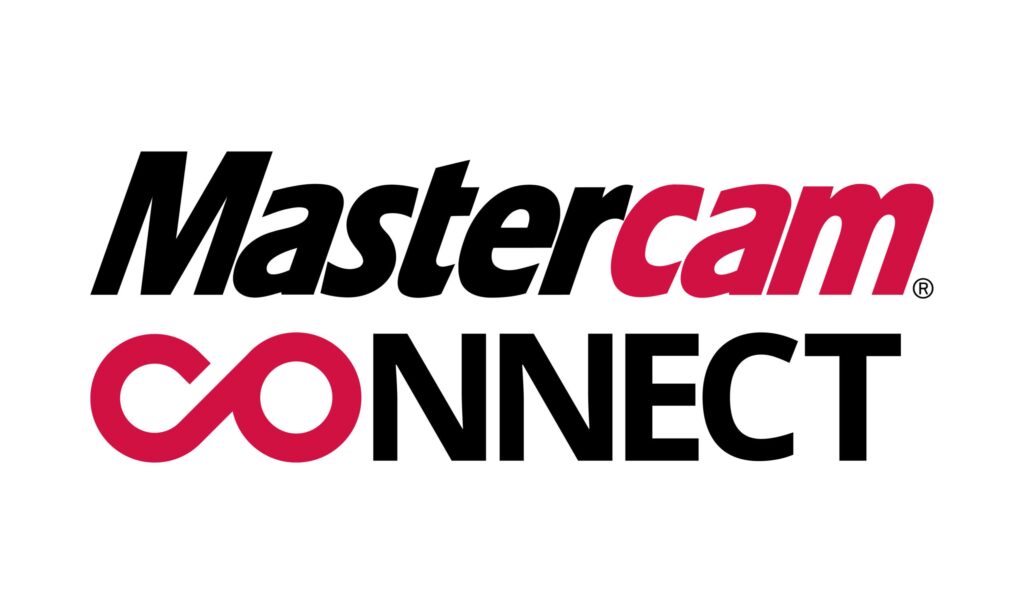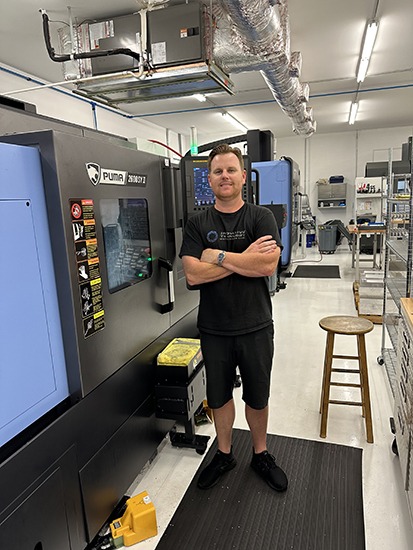
Spotlight on: Vivian Allen
Vivian Allen is President and CEO of SigmaPro, a custom manufacturer specializing in designing, prototyping, and producing small, complex injection molded parts with tolerances down to 5 microns. SigmaPro is one of the very few micro-molding contract manufacturers in the US and has flourished under Allen’s management.
Allen holds a BA in International Business from LeTourneau University and an Executive MBA from the University of Dallas. Before becoming SigmaPro’s President and CEO, she worked in federal contracting, human resources, and business management. Her leadership style is relationship-driven and people-focused. Mastercam is honored to share her insights on industry challenges, working moms, and workforce development.
What do you do at SigmaPro?
VA: My father started our company in 1999, when he began producing plastic parts for a telecommunications client that he had worked with previously. That client helped us grow tremendously over the years and ended up doing an asset purchase in 2022 of our campus in North Fort Worth. I moved to be the CEO of our “restart” of SigmaPro, which allowed us to continue to supply to our smaller clients and to have the opportunity to rebrand and grow as a contract manufacturer. In this new role most of my work is in business development, marketing, and strategic leadership.
What made you decide to join the manufacturing industry?
VA: I have a not-so-unique story in that my introduction to manufacturing was through my parent. I began my career reviewing and writing contracts for the federal government. Once I had my first child, I couldn’t sustain 10-hour days, travel to downtown Fort Worth, or the demands of that career anymore. The death knell was a meeting with my boss’ boss wherein she told me that I couldn’t sacrifice my identity and career to be “just a mom”. I went to my dad and asked if there was anything I could do part-time for him at his manufacturing company. I ended up taking on reviewing and rewriting his old employee handbook.
From there, I became highly interested in company culture, benefits, and the creation of a company that did more than just turned a profit. During that time, my dad also started to ask himself what more he could do for the good of the people who worked for him. It became a mission for us to create a place where people’s lives changed positively because of their time employed with us. It was hard, but we learned a lot. I think I’m too invested now in manufacturing to ever go back. It’s like becoming a part of a secret society or a special group with a strong shared identity and value set. Once you buy in and fall in love, it’s impossible to not see everything else as a step down.
What are some of the most memorable challenges you’ve faced along the way?
VA: It’s been hard to enter rooms where no one else looks or thinks like me, feeling the pressure to justify my perspective or experiences, and often facing open hostility to the idea that being a woman makes me different. So not only did I feel a little on the outs, but if I vocalized that, people made me feel like I was not supposed to have those feelings in the first place. It cripples the opportunity for the unique perspective of women to be capitalized on in decision making circles.
Also, being a mom makes this journey incredibly exhausting and lonely sometimes. You don’t want to talk about it because admitting how tired, overwhelmed, or guilty you feel makes you sound like you are less capable or less strong than your counterparts. But the truth is that so much – too much – is expected of moms who work and shoulder so much genuine care for so many important things.
What are your favorite parts about working in manufacturing?
VA: Oh, hands down the people. This industry is just chock-full of genuine, honest, vulnerable people. And I want to fill it even more. I want to see young people entering the industry with leadership roles in mind. I believe that a wider variety of backgrounds, training, and experiences in our leadership will create more ingenuity, greater long-term resilience, and a more powerful role in changing the broader business environment long-term. I’d like to play a role in that by creating opportunities for people with diverse backgrounds and stories to grow into leadership roles in their own unique way.
I also geek out over the technology, specifically automation, in the industry. I still find myself standing at trade shows with my mouth hanging open while I watch a robot do something that I’ve never seen before. I’m very lucky to be a part of something that can still amaze me year after year.


